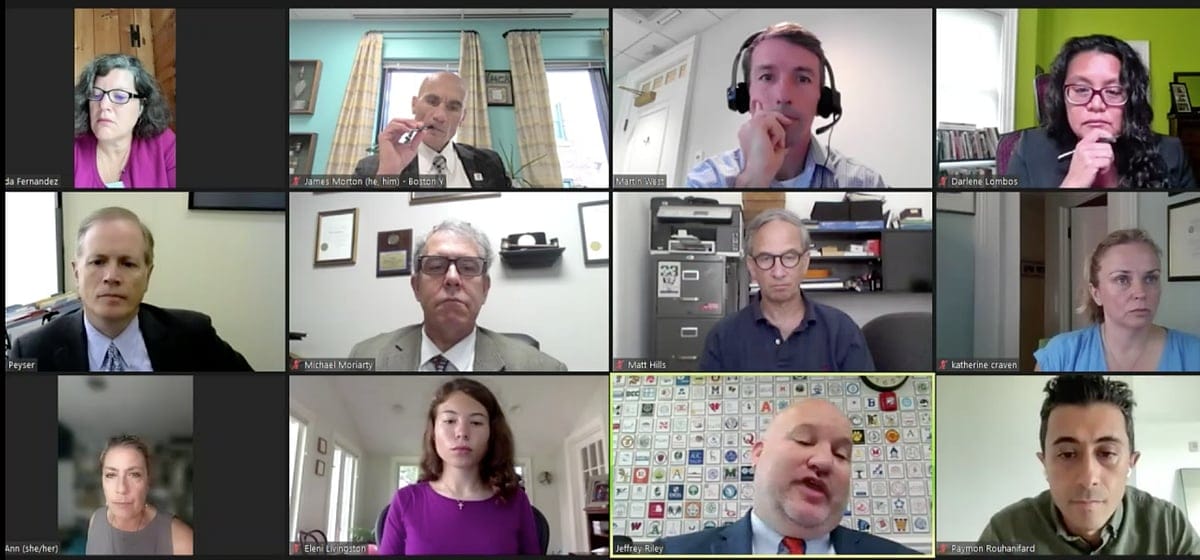Transcripts of Anti-Masks-Mandate Remarks By Two Baker Appointees on Massachusetts Board of Elementary and Secondary Education

Editor's Note: Two members of the Massachusetts Board of Elementary and Secondary Education made extensive arguments against forcing students to wear masks in public schools in the state during a board meeting on Tuesday, August 24, 2021. Both are appointees of Governor Charlie Baker, who supports the masks mandate. The two board members are Martin West and Paymon Rouhanifard.
The masks mandate passed, 9-1. West voted for the policy, though he spent most of his time raising objections to it.

